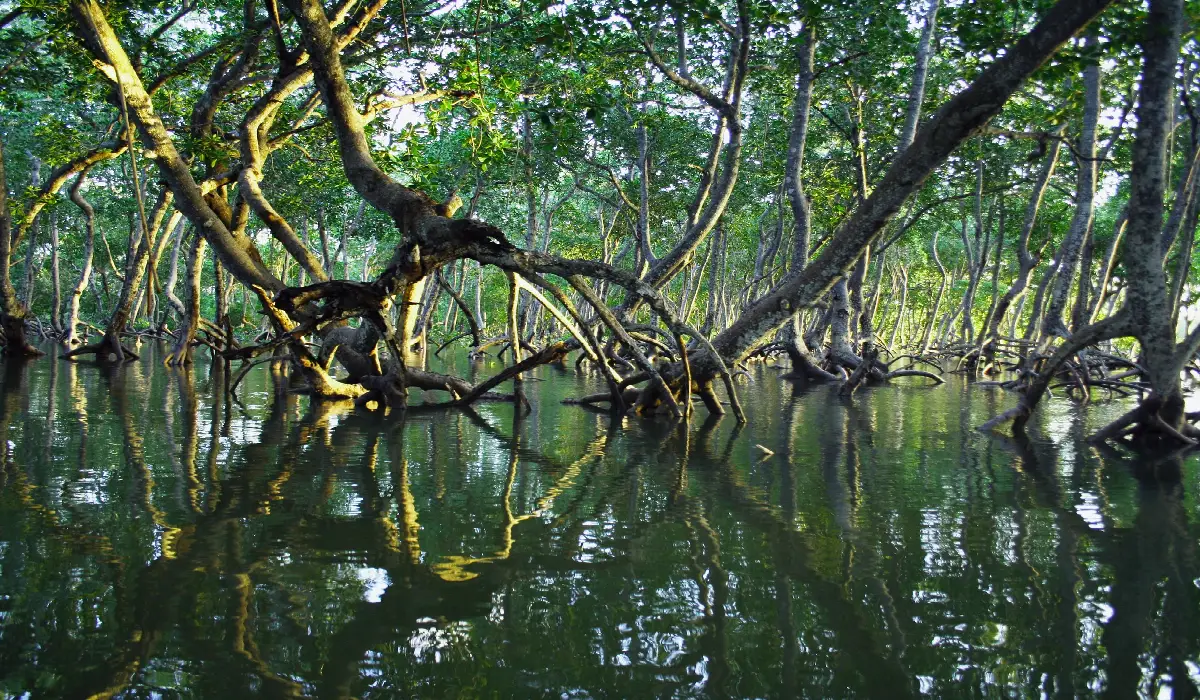Covidisation has triggered the importance of the internet and has made it a salient tool for our survival. Whether it is food, clothes, education, health, etc data is the new oil that drives and meets our needs. Unlike the other forms of government where the state controls the centralization of the internet, India which is a democracy grants its citizens the freedom to utilize the internet.
For that right to be taken away seems to be abnormal in a free country, whatever be the circumstances. As argued by various experts of the law, rights are not absolute, they are subjected to a situation where national security or privacy is at risk of exploitation. From Jammu and Kashmir to Meghalaya, the right to the internet now and then is being purposefully disrupted for security’s sake. Let us understand the basics of internet shutdowns in the context of India.
What is an Internet Shutdown?
It is an intentional disruption of the internet, making it unreachable to a specific population, often to exercise control over the information for certain reasonable restrictions of security or morality.
Why do we need to understand?
According to the Software Freedom Law Centre (SLFC), internet shutdowns in India have increased twenty-seven times in frequency. India tops the most internet shutdowns than any other democracy in the world. For instance, in the past four years, it has seen more than four hundred shutdowns. Many parts of Jammu and Kashmir saw a partial restoration of digital services after a long 223 days. This cost a huge blow to the Indian economy at a loss of $ 3 billion.
Impacts of Internet Shutdown
- Social welfare indifference
- Community Isolation
- Restrict Banking services
- Restraint education
- Violation of fundamental rights
- Impedes growth and development
Social welfare indifference
Social security and health-care services which are conducted digitally is being forgotten and neglected
Community Isolation
A sense of disconnection or isolation from the mainstream world disrupts the daily life of the isolated community. The JKCCS (Jammu Kashmir Coalition of Civil Society) reports has called this situation a “digital apartheid” and “collective punishment” against the Kashmiri people
Restrict Banking services
The essential supply of cash from remittances can be disturbed and therefore this lead to other social fear of being neglected and isolated.
Restraint education
A great number of people depend upon the internet for their study materials and classes. This enhances the total neglection, particularly in geographically isolated regions.
“The mass communication detentions of children and young adults, the absence of access to news and information about their names, locations or numbers, combined with the lack of means to contact lawyers or judicial or law enforcement officials, created widespread panic” JKCCS
Violation of fundamental rights
Most of the decisions made are dubious and are not concerned with the majority of the people who suffer. Freedom of speech is curtailed where the voiceless are never to be heard.
Impedes growth and development
The gig economy and digital enterprises pay a huge loss in the cutting down of the internet. Online food, cab services lost their profitability and relevance. ICRIER report on the economic impact of internet shutdowns found that between 2012 and 2017, the economic cost of internet shutdowns in India was $3.04 billion, with the cost to the J&K economy alone being worth over Rs 4,000 crore
Despite judgements like Faheema Shirin. R.K vs State Of Kerala 2019, Anuradha Bhasin versus Union of India 2020 the government is still examining the matter at a slow pace. The government needs to balance between what is needed and what is to be done. As Rajat Kathuria, director of the Indian Council for Research on International Economic Relations (ICRIER) argues The question is how to balance the trade-off. One way could be to enforce the shutdown when it is necessary and for limited periods”.
Reference
- Indiaspend. “Internet Shutdowns in India JUMP 27 Times since 2012, Shows Data.” Business Standard, Business-Standard, 14 Feb. 2021, wap.business-standard.com/article/politics/internet-shutdowns-in-india-jump-27-times-since%E2%80%882012-shows-data-121021400739_1.html#:~:text=Internet%20clampdowns%20in%20India%20have,taken%20place%20in%20the%20country.
- Nazmi, Shadab. “Why India Shuts down the Internet More than Any Other Democracy.” BBC News, BBC, 19 Dec. 2019, www.bbc.com/news/world-asia-india-50819905.
- Bakshi, Asmita. “How Kashmir’s Extended Internet Shutdown Has Created a ‘Digital Apartheid’.” Mint, 26 Aug. 2020, www.livemint.com/mint-lounge/features/how-kashmir-s-extended-internet-shutdown-has-created-a-digital-apartheid-11598372470631.html.
- Mihindukulasuriya, Regina. “Internet Shutdowns, Pandemic Have COST Kashmir RS 40,000 Cr, 5 Lakh Jobs, Says Industry Head.” ThePrint, 3 Aug. 2020, theprint.in/economyinternet-shutdowns-pandemic-have-cost-kashmir-rs-40000-cr-5-lakh-jobs-says-industry-head/474028/?amp#referrer=www.google.com&csi=0.



